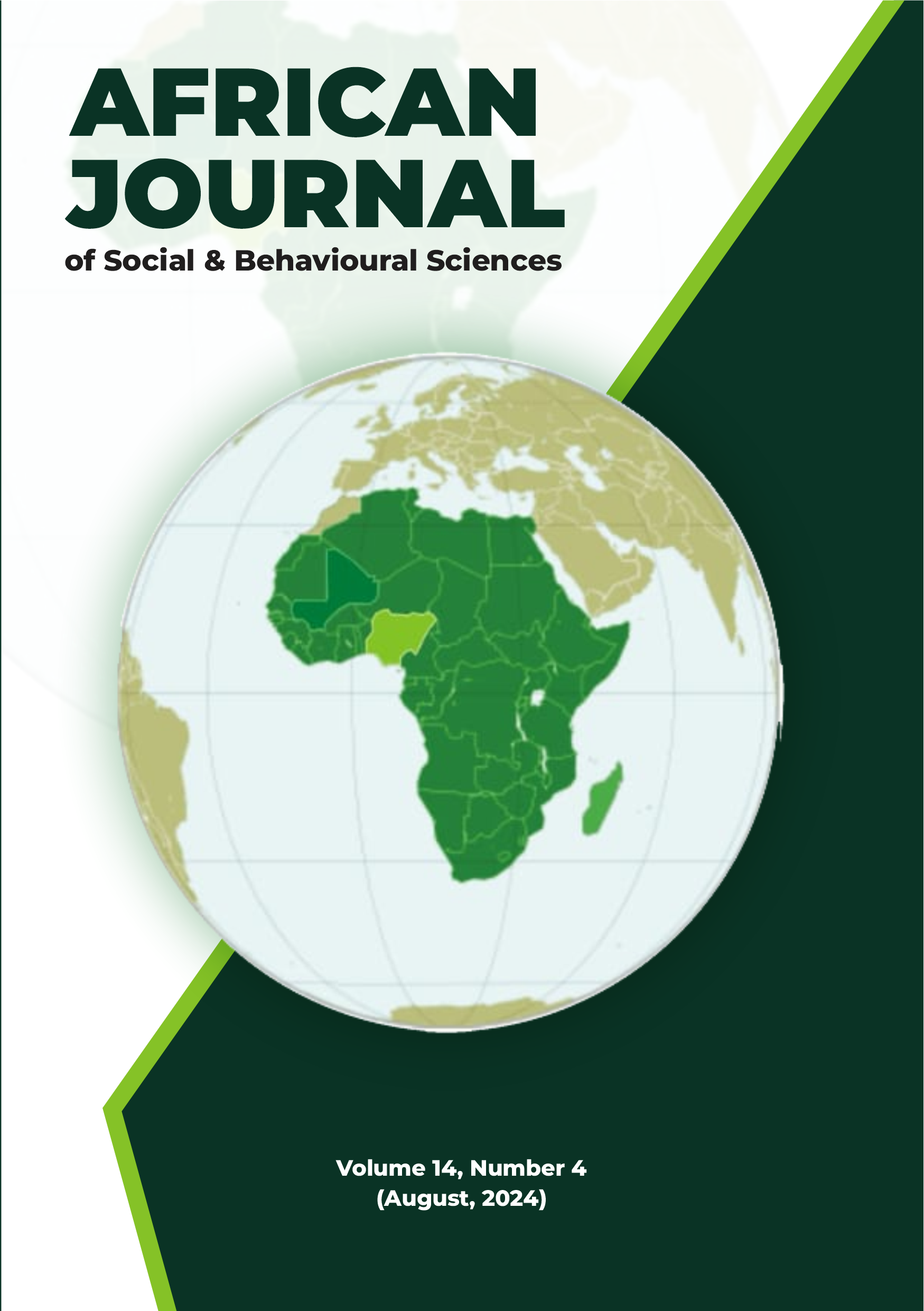SYSTEMATIC APPRAISAL OF SUBSTANCE ABUSE THEORIES AND MODELS OF RELAPSE PREVENTION
Keywords:
Systematic Appraisal, Substance Abuse Theories and Models, Substance Abuse Relapse, Relapse PreventionAbstract
Substance use disorder is recognized as a chronic, relapsing condition, with a significant percentage of individuals experiencing relapse within one year of treatment. Understanding the intricate factors contributing to relapse is paramount for developing effective prevention and intervention strategies. Various theoretical frameworks offer insights into addiction relapse, shedding light on its underlying mechanisms. Social learning theory underscores the influence of observational learning, modelling behaviours, and reinforcement on addictive behaviours, advocating for tailored interventions to enhance relapse prevention. Marlatt and Gordon's Relapse Prevention (RP) Model targets cognitive processes and behavioural strategies, offering a comprehensive approach that is effective for overcoming addiction, despite its complexity. The transtheoretical model (TTM) provides a dynamic framework, tailoring interventions to an individual's stage of change and emphasizing longterm behaviour maintenance. The biopsychosocial model considers biological, psychological, and social factors and advocates for a holistic and individualized approach to relapse prevention. While these models share the need for tailored interventions and recognition of relapse complexity, they differ in their emphasis and application, highlighting the necessity of integrating multiple perspectives for a comprehensive understanding of addictive behaviours and relapse prevention. Therefore, it is recommended that clinicians and experts in the field of substance abuse employ multiple perspectives in approaching substance abuse relapse interventions.


